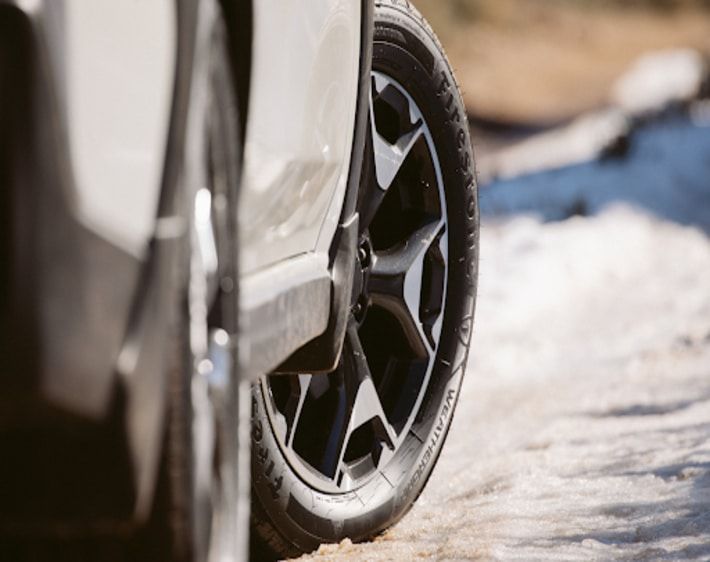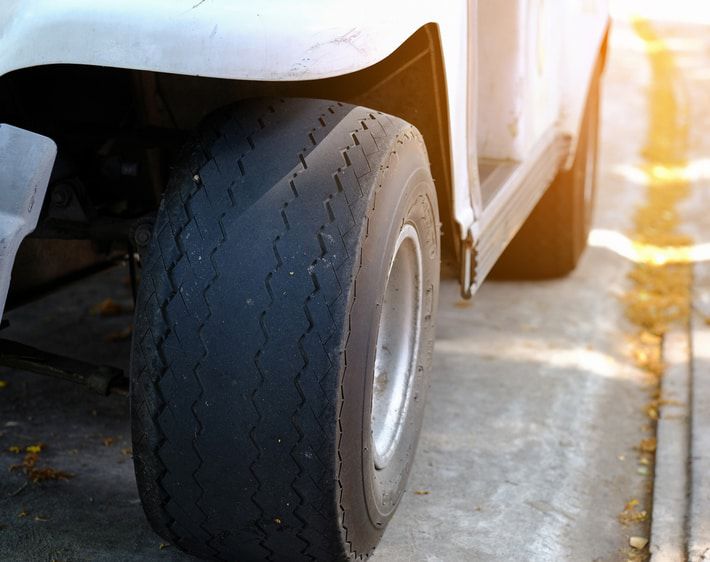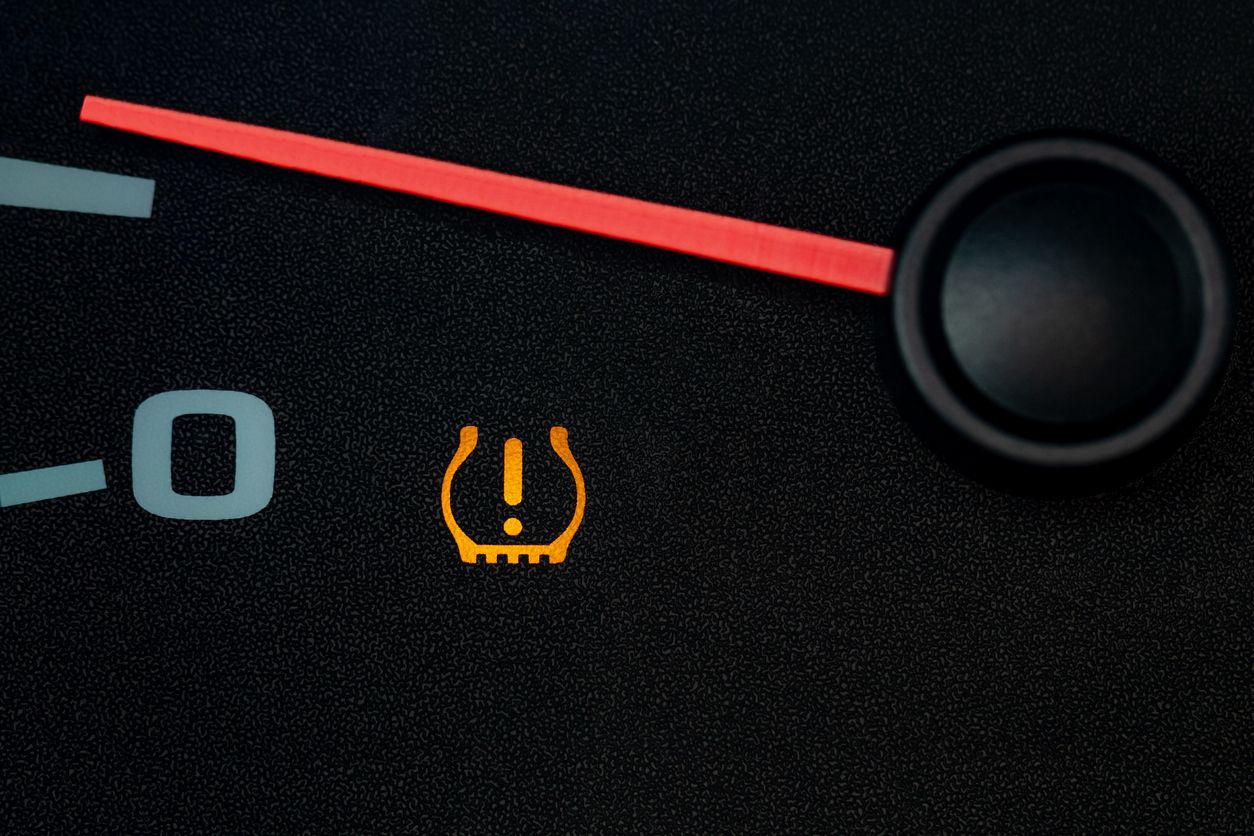All-season tires may be good year-round but may not be optimal in winter. And winter tires can help your vehicle excel in the colder months, but you can’t really use them year-round. So, how can you fix this dilemma? It’s time to consider all-weather tires!
What Are All-Weather Tires?
As their name suggests, all-weather tires enable you to drive in all weather conditions. The tread patterns of all-weather tires offer excellent stability and traction. Additionally, the specialized rubber in these tires allows them to remain flexible in a variety of conditions. For instance, these tires are designed to grip wet, dry, and snowy roads.
Winter Tires vs. All-Season Tires
By comparison, winter tires — which supply additional stability and traction — are designed for snowy and icy roads. Meanwhile, all-season tires deliver versatile performance in various conditions, such as wet and mildly wintry conditions. All-season tires aren’t geared toward driving in extreme snow, ice, and cold, while all-weather tires offer a happy medium between the extra traction of winter tires and the versatility of all-season tires!
Although you’d think they’d be the same, all-weather and all-season tires aren’t twins. All-weather tires are typically better equipped to handle snow and ice than all-season tires, while winter tires are best designed for only snow and icy conditions.
Are All-Weather Tires Better Than All-Season Tires?
So, are all-weather tires better than all-season tires? It depends on where you drive. If you live and drive someplace where winter is harsher, all-weather tires are typically a better choice than all-season tires. But if you live in a milder climate, all-season tires may be the right fit.
One of the many benefits of all-weather tires is that, unlike winter tires, they don’t need to be changed when warmer weather arrives. Consumer Reports says all-weather tires “can be a convenient option if you want to avoid switching to winter/snow tires in the fall and replacing them in the spring.”
Another benefit is that all-weather tires offer versatility in places where the weather can be wintry one day and spring-like just a day later. They are an ideal balance between winter and all-season tires, and they typically last longer than either winter or summer tires.
What Are Firestone WeatherGrip Tires?
Are you looking for a great all-weather tire to equip your vehicle with? You're looking for the Firestone WeatherGrip all-weather touring tire!
Firestone WeatherGrip tires are all-weather touring tires rated for snow and ice. They’re engineered to give you reliable control of your car, minivan, or CUV in a wide range of climates. WeatherGrip tires help disperse water, provide even treadwear, and dig into snow with Snow Traction Claw™ technology.
Firestone WeatherGrip Features
With the Hydro-Grip technology package, Firestone WeatherGrip tires use a tread pattern designed with full-depth grooves and open shoulder slots for enhanced water evacuation. The all-weather tire is also engineered with a rounded footprint where the rubber meets the road, enabling it to cut through water to help reduce the risk of hydroplaning.
Do you need reliable traction all year long? Head to your local Firestone Complete Auto Care to learn more about Firestone WeatherGrip tires and to talk to our tire experts about the best type of tires for your vehicle.



